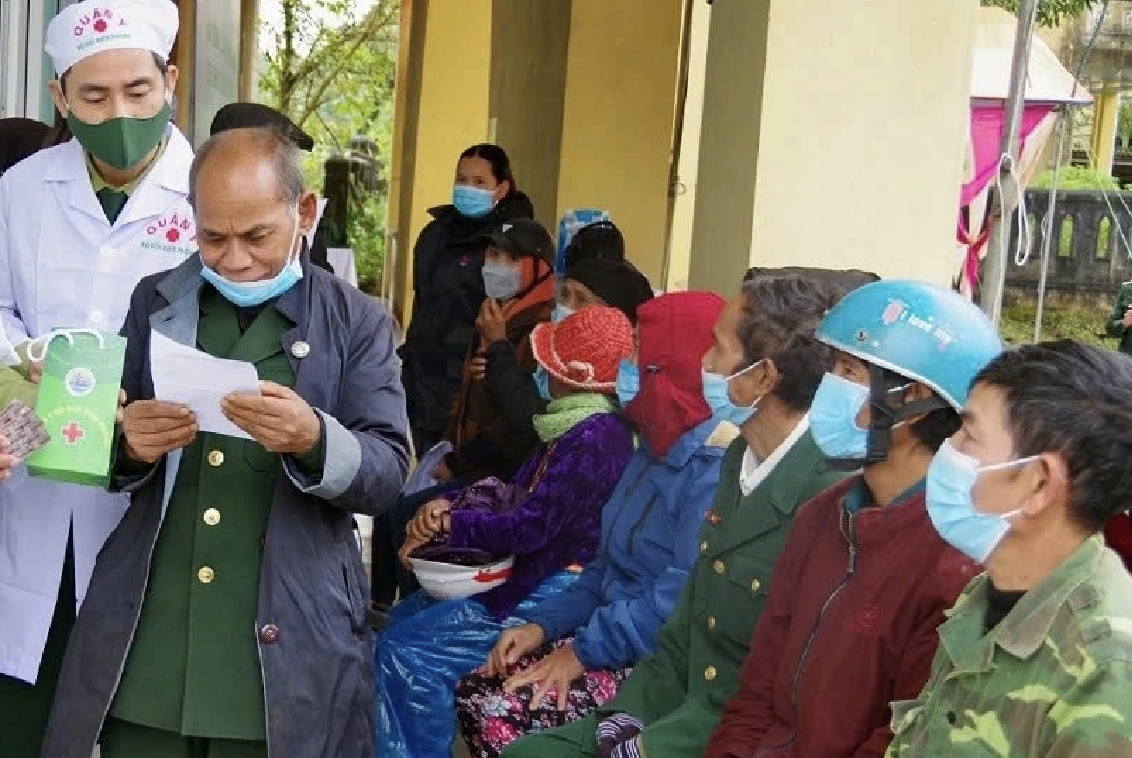Vietnam’s new Social Insurance Law, effective 1 July, restricts lump-sum payouts to workers who meet specific conditions such as serious illness, emigration, or insufficient contribution years at retirement age, aiming to encourage long-term participation in the pension system. The law also offers incentives like higher benefits, relaxed pension requirements, and health insurance coverage to those who continue with the scheme, strengthening long-term financial security for workers.
Vietnam’s revised Social Insurance Law, effective from 1 July, introduces significant changes to the conditions under which workers can claim lump-sum social insurance payouts. The primary objective of these amendments is to promote sustained participation in the social insurance system and to encourage workers to opt for long-term pension benefits rather than immediate lump-sum withdrawals.
Under the new law, workers who discontinue their participation in social insurance are eligible for a lump-sum payout only if they meet specific criteria. These criteria include reaching the statutory retirement age but having contributed to social insurance for less than 15 years, permanently emigrating from Vietnam, suffering from serious illnesses such as cancer or AIDS, experiencing a work capacity reduction of at least 81%, or being classified as having a severe disability. Additionally, there is a transitional provision for workers who, prior to the law’s enactment, have accumulated less than 20 years of compulsory social insurance contributions. If these individuals do not enroll in the voluntary social insurance scheme within 12 months, they may also qualify for a lump-sum payment.
The law is designed to make pension benefits more attractive and accessible, thereby fostering long-term financial security for workers. Those who choose to reserve their contribution period and continue with the social insurance scheme are offered several incentives. These include the prospect of higher benefit payouts, more flexible pension eligibility requirements, and comprehensive health insurance coverage during their pension years. For individuals who do not meet the minimum criteria for a full pension, the law provides for monthly allowances, ensuring a basic level of income support. Importantly, during the period in which these monthly allowances are received, the state will cover the cost of health insurance, further reducing the financial burden on retirees.
By tightening the conditions for lump-sum payouts and enhancing the benefits of continued participation, the revised Social Insurance Law aims to strengthen the social safety net and ensure greater economic stability for Vietnam’s workforce in the long term. The reforms reflect a strategic shift towards prioritizing sustainable retirement income over short-term financial gains, aligning with broader social protection objectives.



